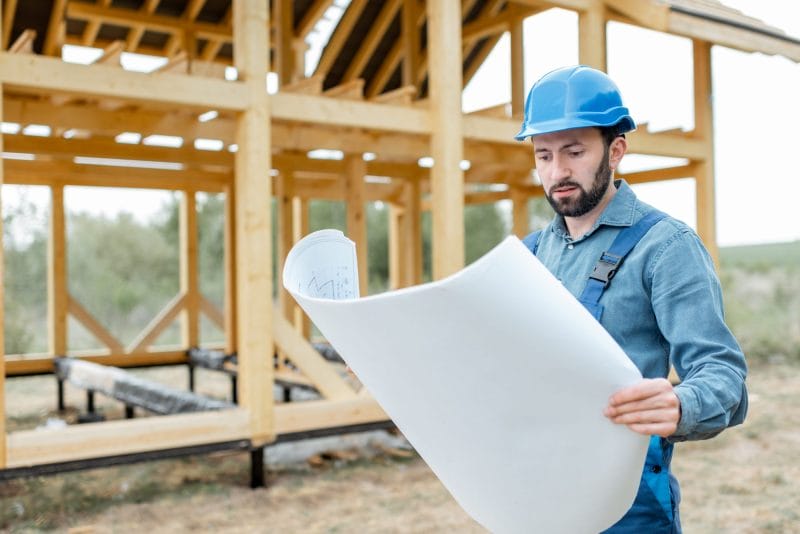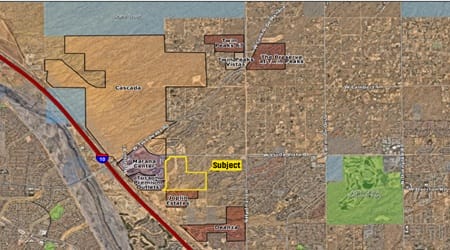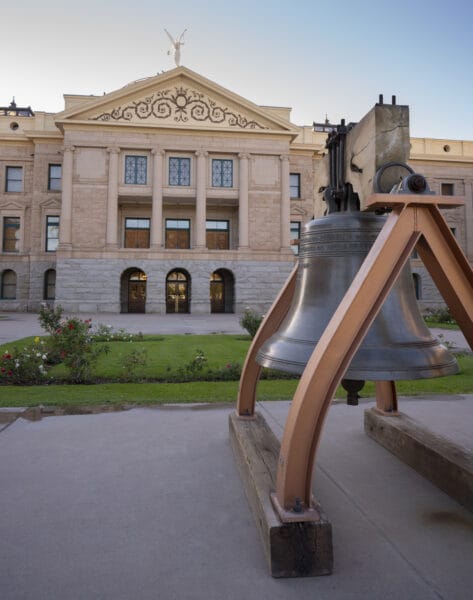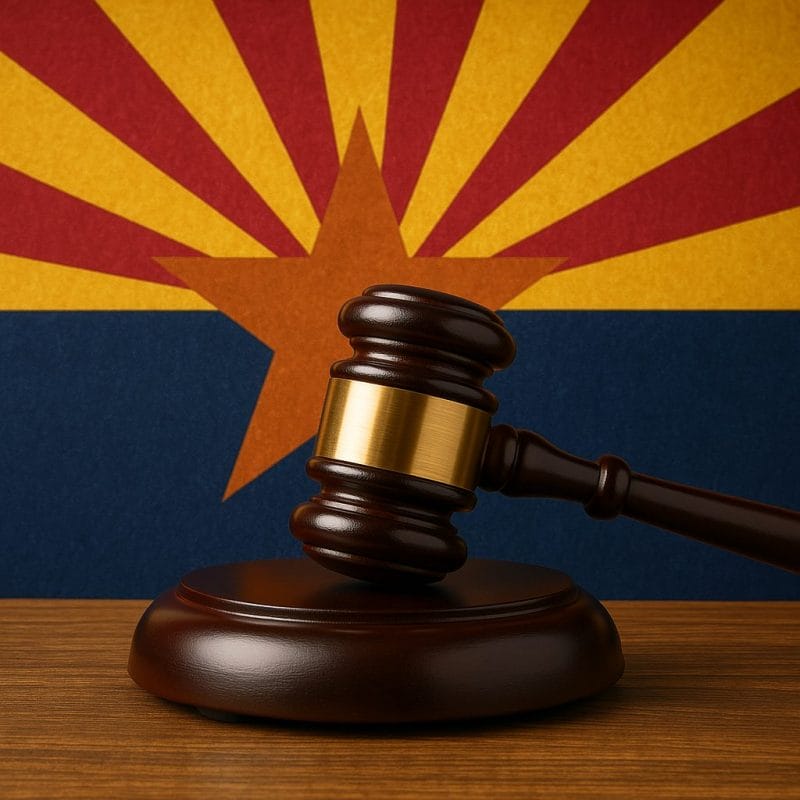
(Disclosure: Rose Law Group represents HealthyVerify Certification.)
By Philip Haldiman | Daily Independent
What are the rules for keeping consumers and employees safe in a post COVID-19 world?
Right now it is largely up to the business to decide, but standards are starting to emerge — set by the government and the private sector — to give people peace of mind as they enter a store or clock in at work.
This week, Occupational Safety and Health Administration announced it will be increasing in-person inspections at all types of workplaces and will be revising its previous enforcement policy for recording of coronavirus cases.
The new enforcement guidance reflects changing circumstances in which many non-critical businesses have begun to reopen in areas of lower community spread, according to a statement from the U.S. Department of Labor.
It said the risk of transmission is lower in specific categories of workplaces, and personal protective equipment potentially needed for inspections is more widely available.
OSHA staff will continue to prioritize COVID-19 inspections, and will utilize all enforcement tools as it has historically done.
Under OSHA’s recordkeeping requirements, coronavirus is a recordable illness, and employers are responsible for recording cases of the coronavirus, if the case is confirmed as a coronavirus illness and is work-related, among other criteria.
Garrick Taylor, senior vice president of government relations and communications for Arizona Chamber of Commerce and Industry, said customers and workers now have a different expectation when it comes to keeping environments safe from germs.
“I’d say generally that we’d expect employers — especially those that interact with the public — to do all they can to convey to customers, and the broader public, that they’re doing all they can to stop the spread of the virus,” he said. “One would think that the companies that best convey their commitment to their customers’ health are the ones best positioned to rebound post-pandemic.”
In the private sector, Arizona-based Healthy Verify recently launched to provide certification for businesses that want to make consumers and employees feel safe.
Co-founder Court Rich said the goal of the certification process is to ensure a business is prepared to safely reopen, focused on business-specific procedures designed to reduce disease transmission, such as strict cleaning and sanitation guidelines and processes governing customer interactions.
Goodwill of Central and Northern Arizona was the first organization certified by Healthy Verify, with 41 stores certified for health and cleanliness. This week, the company certified Offerpad, who buys and sells real estate using technology, and initially suspended buying in the wake of the pandemic.








